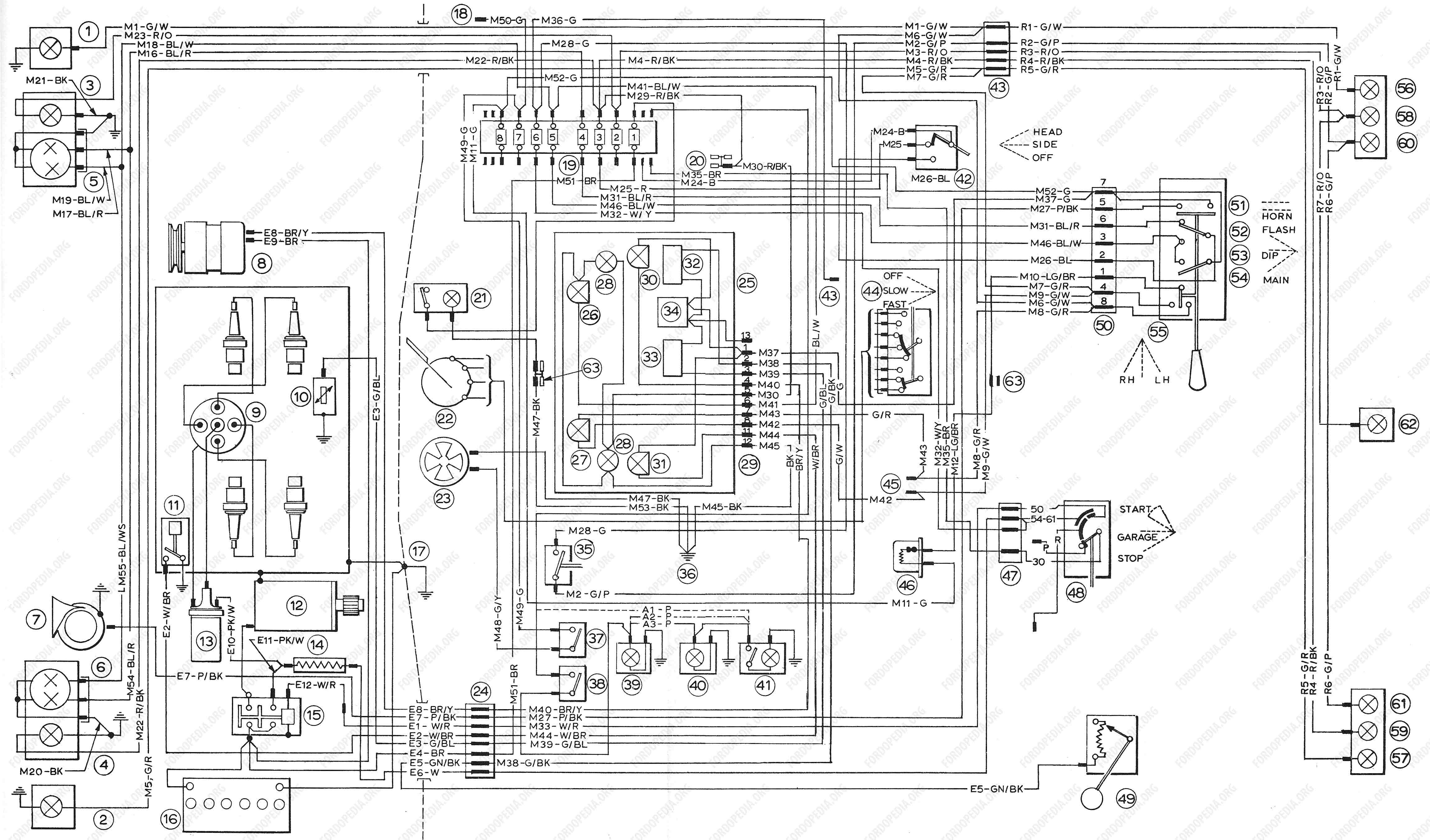Are you looking for information on Ford Transit Rear Door Wiring Loom Diagram? If so, you’ve come to the right place. In this article, we will explore the importance of these diagrams, how to read and interpret them effectively, and how they can be used for troubleshooting electrical problems.
Why Ford Transit Rear Door Wiring Loom Diagrams are essential
Ford Transit Rear Door Wiring Loom Diagrams are essential for anyone working on the electrical system of a vehicle. These diagrams provide a visual representation of the wiring loom in the rear door of the Ford Transit, showing how each wire is connected and where it leads. Here are a few reasons why these diagrams are crucial:
- Helps in understanding the layout of the wiring system
- Assists in identifying and locating specific wires
- Aids in diagnosing electrical issues
- Ensures proper installation and repair of electrical components
How to read and interpret Ford Transit Rear Door Wiring Loom Diagrams effectively
Reading and interpreting Ford Transit Rear Door Wiring Loom Diagrams may seem daunting at first, but with some practice and guidance, it can become easier. Here are a few tips to help you read and interpret these diagrams effectively:
- Start by familiarizing yourself with the symbols and abbreviations used in the diagram
- Follow the lines to see how the wires are connected and where they lead
- Pay attention to colors and numbers to identify specific wires
- Refer to the key or legend for any additional information
Using Ford Transit Rear Door Wiring Loom Diagrams for troubleshooting electrical problems
Ford Transit Rear Door Wiring Loom Diagrams are invaluable when it comes to troubleshooting electrical problems in the vehicle. By following the wiring diagram and tracing the path of the wires, you can pinpoint any issues and make necessary repairs. Here’s how these diagrams can be used for troubleshooting:
- Identifying faulty connections or broken wires
- Locating short circuits or open circuits
- Testing electrical components for proper functionality
- Helping in the installation of new electrical components
Importance of safety when working with electrical systems
When working with electrical systems and using wiring diagrams, safety should always be a top priority. Here are some safety tips and best practices to keep in mind:
- Always disconnect the battery before working on the electrical system
- Use proper tools and equipment to prevent accidents or injuries
- Avoid working on the electrical system in wet or damp conditions
- If you are unsure or uncomfortable with electrical work, seek professional help
Ford Transit Rear Door Wiring Loom Diagram
Ford Transit Wiring Loom Diagram – Art Start

Ford Transit Wiring Loom Diagram – Art Start

Ford Transit Wiring Loom Diagram – Art Start

Auto Repair Manuals: FORD TRANSIT 2016 – WIRING DIAGRAM MANUAL

Ford Transit Wiring Loom Diagram – Art Start

Ford transit rear wiring loom
